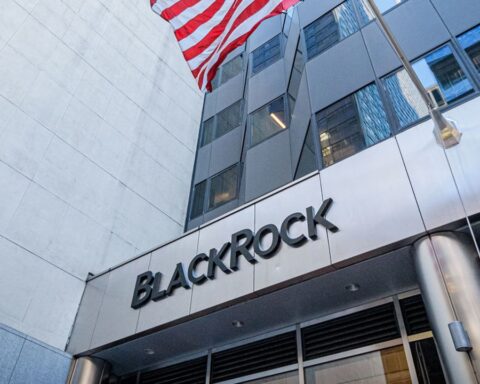Rising operational costs and lower rewards are impacting Bitcoin miners, though it’s not at a catastrophic level, according to cryptocurrency analyst James Check.
“We are in a period of hash ribbon inversion, and blocks are coming in about 14 seconds slower than they should do.
“That tells you that there is less hashrate online, blocks are being found slightly slower,” said Check, also known as “Checkmatey,” in a June 21 X video.
“About 5% of mining hashrate is struggling at the moment,” Check explained, referring to the processing and computing power given to the network through mining.
“Check claims that while 5% isn’t enormous, Bitcoin miners are likely distributing some of their holdings, but it doesn’t appear to be a “complete and total firesale.”
A hash ribbon inversion happens when the 30-day moving average of the hashrate falls below the 60-day moving average, indicating a period of mining difficulty.
This can result from increased operational costs, a decline in Bitcoin’s price, or equipment issues among miners.
After the Bitcoin halving on April 20, the hash rate began to decline as mining firms turned off unprofitable rigs.
The halving event, occurring every four years, cuts miners’ rewards in half. The April 20 halving reduced mining rewards to 3.125 BTC from 6.25 BTC.
As of the article’s publication, the Bitcoin network’s hashrate stands at 586 exahashes per second (EH/s), down 2% over the past 30 days, according to Blockchain.com data.
Check suggested that miners might be just breaking even, mining new Bitcoins to cover operational costs.
READ MORE: 3iQ Seeks Approval for North America’s First Solana ETP on Toronto Stock Exchange
“Miners might be treading water up here, they may not be full-scale bear market level capitulating, probably just treading water, they mine 10 Bitcoin, they sell 10 Bitcoin,” Check said, echoing other analysts’ comments on the profitability challenges for Bitcoin miners.
“Bitcoin miners are selling most of their coins to pay the bills,” Panos wrote in a June 18 X post.
In a separate post on X the same day, Check noted that Bitcoin “transaction fees represent an increasingly large proportion of miner revenues.”
“Miners must adapt and adjust to fees becoming their primary revenue stream, forcing the industry to further innovate, and apply efficient capital management,” he wrote.
“Nearly all Bitcoin miners are selling 100% of their coins, while CLSK is managing to Hodl their BTC & use their relatively USD balance sheet to acquire new capacity,” VanEck head of digital assets research Matthew Sigel wrote.
To submit a crypto press release (PR), send an email to sales@cryptointelligence.co.uk.




